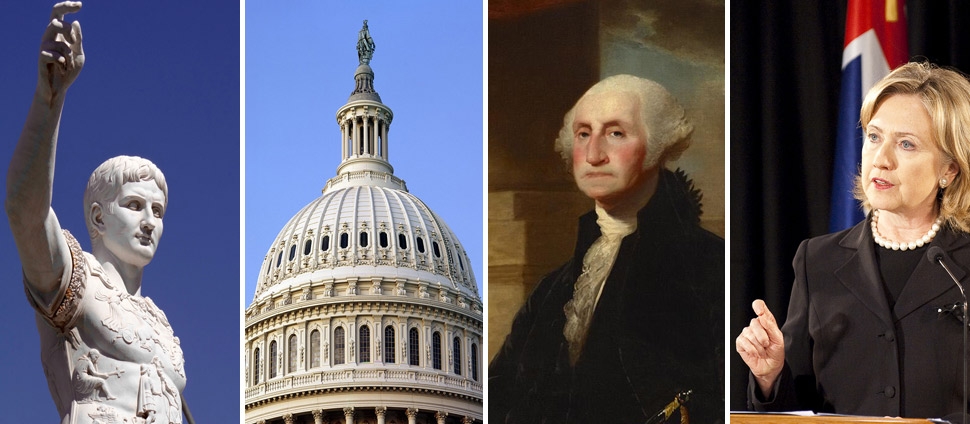Document Type
Article
Publication Date
2017
Publication Title
Politics and Religion
Abstract
This article explores the relationship between headcovering and women’s political participation through an original online survey of 1,917 Muslim-American women. As a visible marker of religious group identity, wearing the headscarf can orient the integration of Muslim women into the American political system via its impact on the openness of their associational life. Our survey respondents who cover are more likely to form insular, strong ties with predominantly Muslim friend networks, which decreased their likelihood of voting and affiliating with a political party. Interestingly, frequency of mosque attendance across both covered and uncovered respondents is associated with a higher probability of political participation, an effect noted in other religious institutions in the United States. Yet, mosque attendance can simultaneously decrease the political engagement of congregants if they are steered into exclusively religious friend groups. This discovery reveals a tension within American Muslim religious life and elaborates on the role of religious institutions vs. social networks in politically mobilizing Muslim-Americans.
Volume
10
First Page
3
Last Page
30
DOI
10.1017/S1755048316000754
Rights
© Religion and Politics Section of the American Political Science Association, 2016
Recommended Citation
Westfall, Aubrey; Russell, Özge Çelik; Welborne, Bozena; and Tobin, Sarah, "Islamic Headcovering and Political Engagement: The Power of Social Networks" (2017). Government: Faculty Publications, Smith College, Northampton, MA.
https://scholarworks.smith.edu/gov_facpubs/56



Comments
Archived as published.